
Shaolin Monks and Foreign Disciples Harvest Wheat as Part of Chan Training at Shaolin Temple
The farming tradition has a long history at many…

The farming tradition has a long history at many…
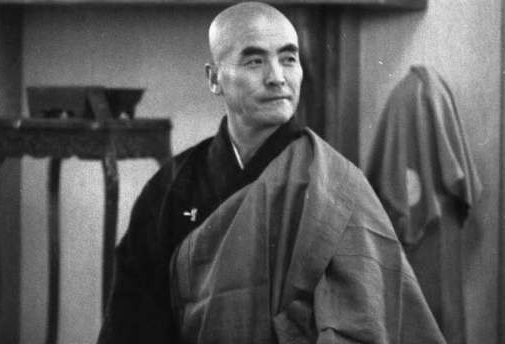
A summation of a Japanese Buddhist…

Thoughts on the future of Buddhism in the West
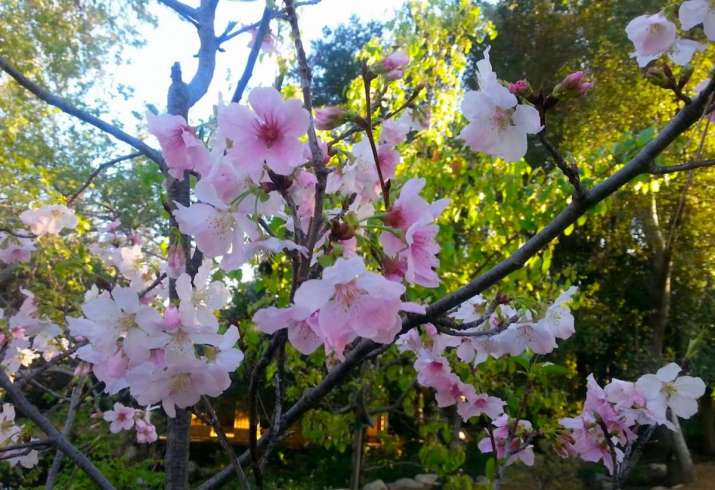
Exquisite Buddhist expressions in natural beauty
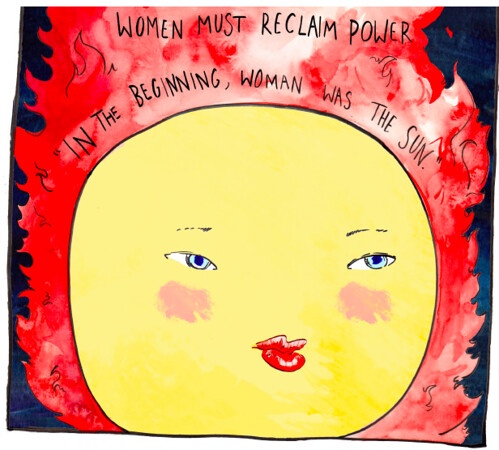
The Zen-inspired activism of Hiratsuka Raichō

People in the United States seem to be having difficult conversations: about politics, about race, about the economy, and about the environment. For American Buddhists,

When it comes to drawing inspiration from the Buddhist teachings for management practices, one monastic scholar half-jokingly argued that every entrepreneur should learn from the

I have recently been preoccupied with the notion of identity. I confess, however, that my reflections were not inspired by a sutra or a commentary

The teacher gives me four simple words to carry in my heart while allowing my brush to manifest before any thoughts emerge: “Just be present,
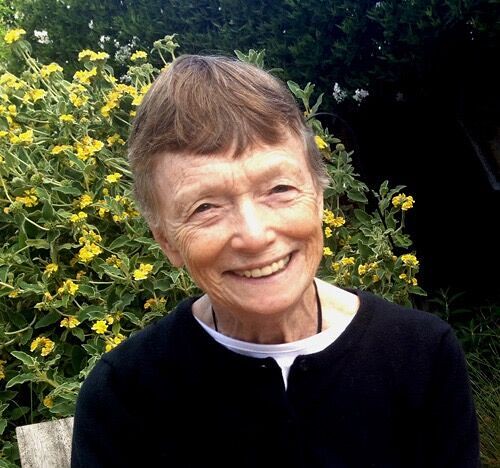
It was 1959. A young housewife was driving across America, from the open fields of the Midwest to the rugged Pacific Coast. Angie Boissevain and

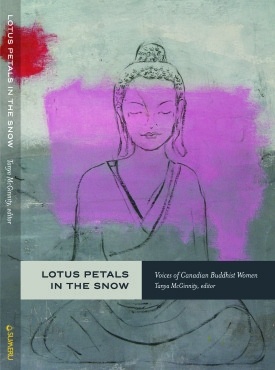
A conversation with an icon of Canadian Buddhism